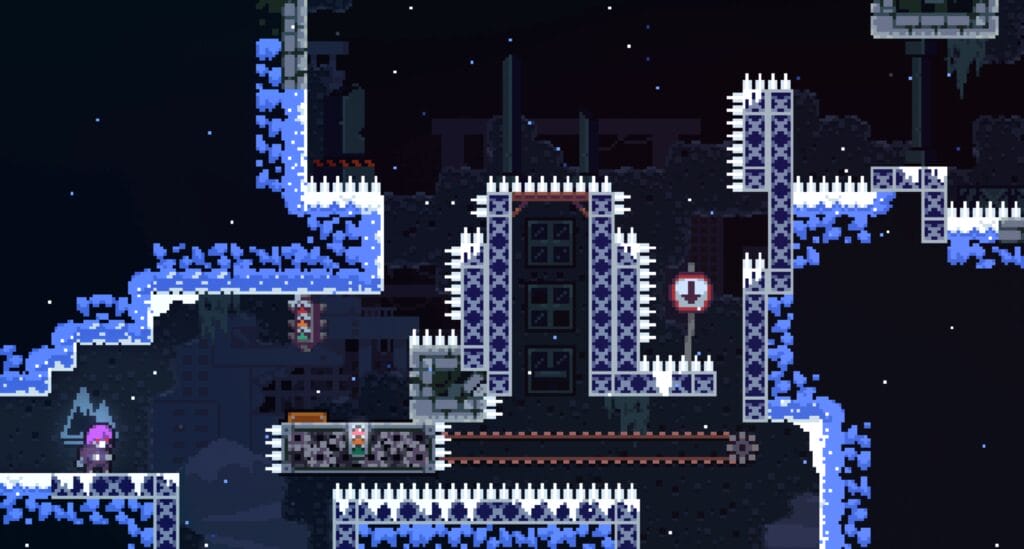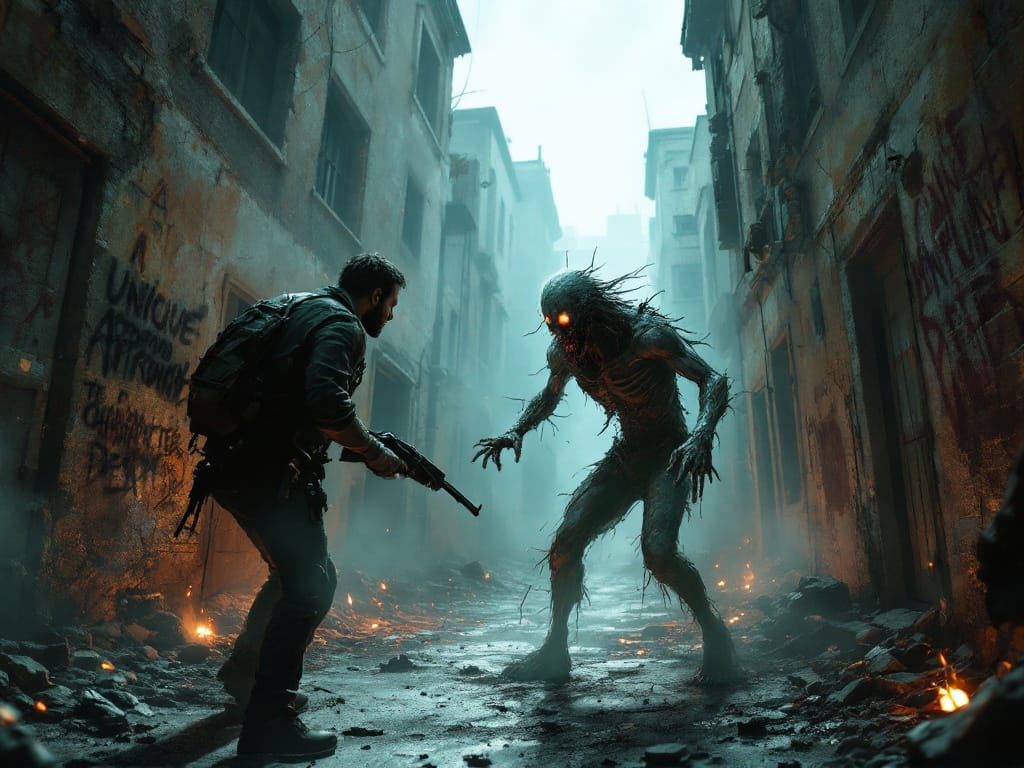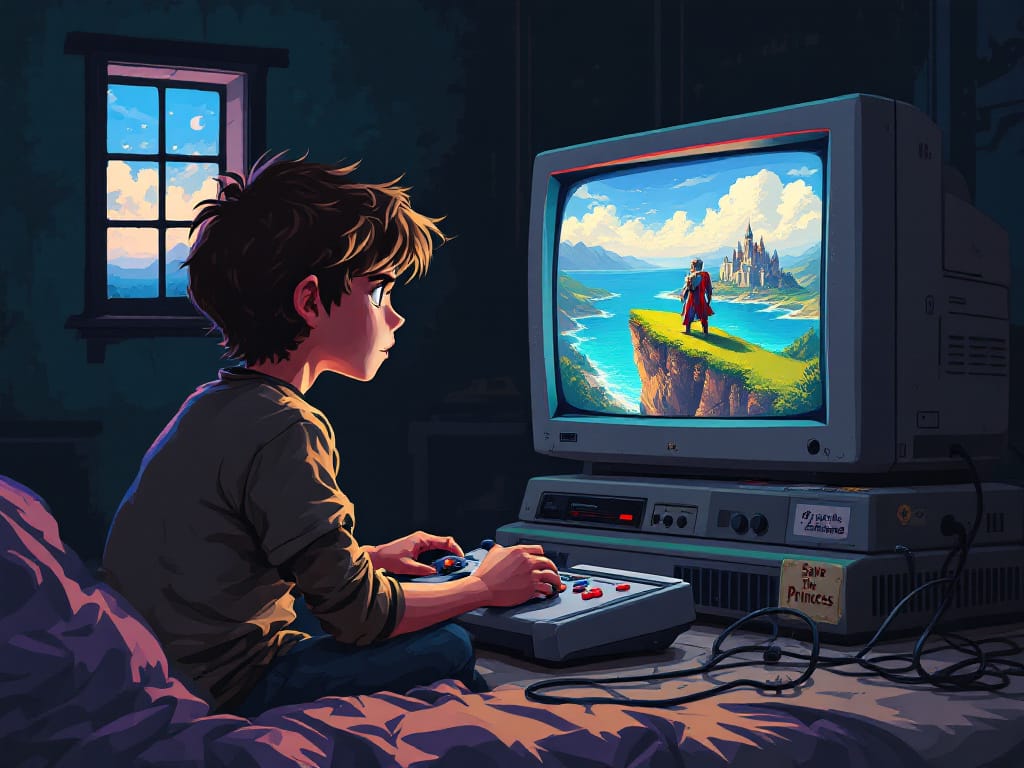Game design is an enticing career path for many people who love video games. However, it’s important to carefully weigh the advantages and disadvantages before deciding if it’s the right choice for you.
This in-depth guide examines several benefits as well as potential drawbacks, including the cons of being a video game designer.
Pros and Cons of Being a Game Designer
Key Takeaways on Game Design Careers
Game creation lets you blend technical prowess with imaginative artistry. But designer salaries have a wide range and achieving success requires passion and perseverance. Analyze the pros and cons as you explore this competitive, fast-paced field.
An Overview of Game Design as a Career
Game design involves conceiving, planning, and constructing the rules, mechanics, and content for a video game. It requires creativity as well as technical prowess. Game designers work on everything from storytelling and character development to programming and level design. It’s an exciting way to blend art and technology into interactive entertainment. However, it also comes with substantial challenges. This article explores the main pros and cons of the profession to help you decide if it’s a good fit.
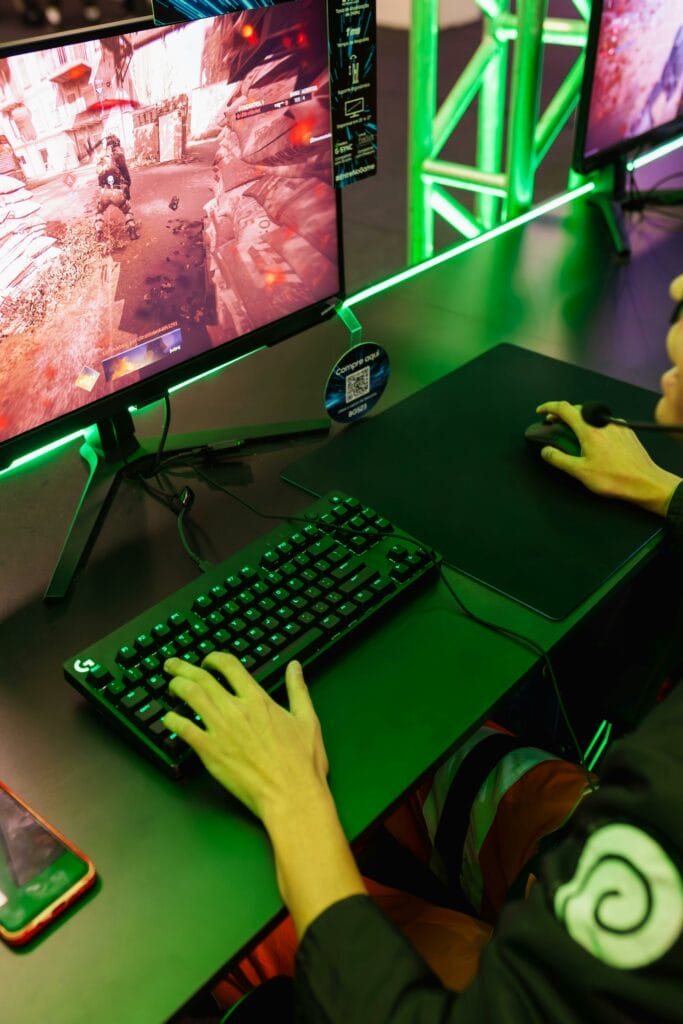
The Advantages of being a game designer
Below are some of the pros associated with being a game designer or similar job.
Game Creation is Extremely Enjoyable
Designing games from scratch is an incredibly fun and satisfying process. As a video game designer, you get to dream up interesting concepts, craft original game mechanics, and bring your ideas to life in the game dev world. Seeing people enjoy your creative work is incredibly rewarding as this Gamasutra article points out.
Bring Your Visions to Life
One of the biggest perks of game design is being able to take the game ideas in your imagination and make them a reality. As a designer, you conceptualize and build full gameplay experiences for others to enjoy. Seeing your creative visions go from paper to a shipped product is incredibly rewarding.
Variety and Flexibility
The field offers tons of versatility in terms of platforms (mobile, PC, console) and genres (FPS, RPG, strategy, puzzle). You can tailor your specialization around your specific interests and talents. Plus, projects and teams often change, keeping your day-to-day work fresh and engaging.
Lucrative Career Potential
While entry-level salaries for game designers tend to start around $50k, there is ample room for growth. Industry veterans at leading studios can earn well over $100k annually. If you rise to a senior or lead designer role on a major franchise, you can make a very strong living.
Job Security in a Growing Industry
The gaming industry continues to expand rapidly year after year. Game design jobs are increasingly in demand. Once you get established and gain experience, there are plenty of opportunities to progress in your career or switch companies.
Creative Freedom
Unlike more rigid corporate careers, game design provides the freedom to experiment, take risks, and constantly innovate. Instead of following set formulas, you’re encouraged to push boundaries and elevate the craft.
Solve Engaging Problems
Great games are essentially a series of interesting problems for players to tackle. As a designer, you get the satisfying challenge of creating those experiences and balancing all the variables.
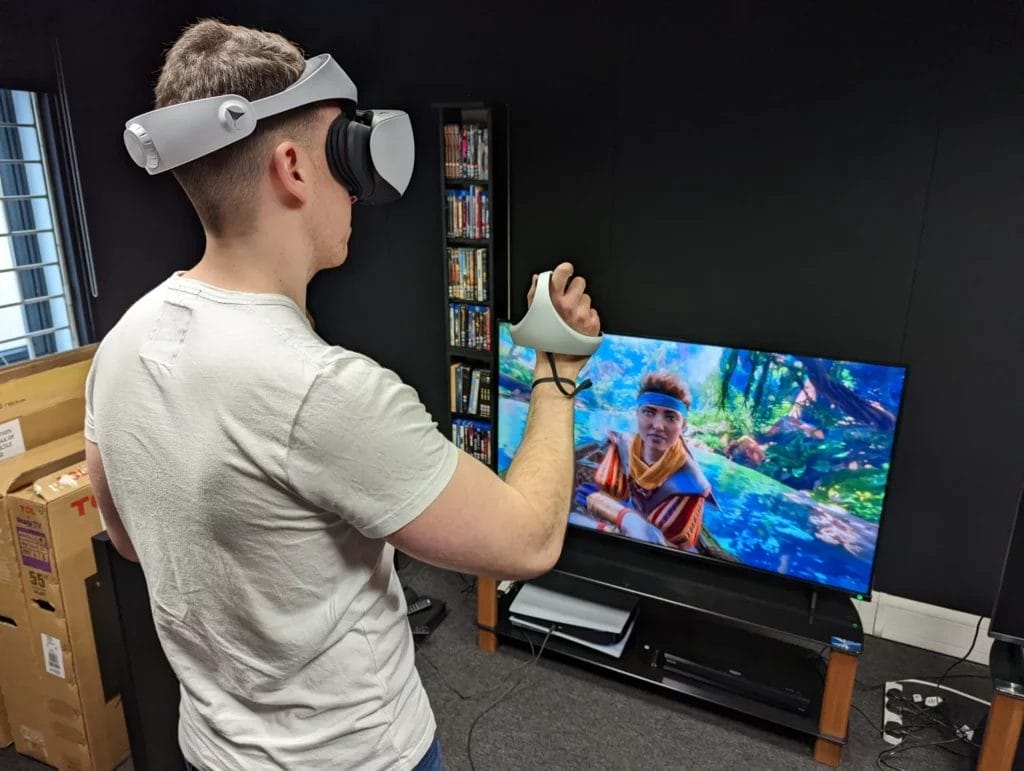
The Disadvantages of being a game designer
Below are some of the cons associated with being a game designer or similar job.
Intense Work Hours
One downside is the extensive overtime required at many studios. Crunch periods of 60+ hour weeks are common when trying to hit deadlines. This high stress workload can lead to burnout.
Job Instability
While the industry is growing overall, individual studios can still downsize or shut down abruptly. It helps to keep an emergency fund available. Also, few companies offer long-term employment contracts.
High Competition
The number of people trying to break into game design far exceeds the available entry-level jobs. Expect a challenging and lengthy interview process. You must demonstrate a strong portfolio and technical skills.
Potential Creative Restraints
On some projects – especially licensed titles – designers may have less influence over the direction. You don’t always get to work on your dream game idea and must design within certain constraints.
Lower Salaries at Smaller Studios
The top pay is at large developers like Blizzard, Rockstar and Ubisoft. Smaller indie studios often pay below industry average, especially if there is no revenue sharing.
Conclusion: Pros and Cons of Being a Game Designer
Game design is an exciting career for those who love gaming and have lots of creativity. However, it also involves hard work and demands dedication. Overall, if you are willing to put in the effort and time, it can be an immensely fun and rewarding profession.
Game design offers the chance to meld creativity and technology into interactive experiences. Ultimately, if you feel passionate about the career and are willing to work hard, the pros outweigh the cons for many in this field.
What do you think? Why don´t you share your opinion and let’s us a comment? Also be sure to comeback on a regular basis to our blog for more interessting information..
FAQ: Pros and Cons of Being a Game Designer
What are the pros of being a game designer?
Some of the biggest pros of being a game designer include:
- Bringing creative visions to life and seeing your ideas turned into actual gameplay
- Getting to solve interesting design problems and create engaging experiences
- Having the flexibility to work on different game genres and platforms
- Potential for good salaries, especially as you gain more experience
- Getting to constantly innovate and push boundaries in terms of game design
- Being part of an exciting, fast-paced industry that’s constantly growing
What are some of the cons of being a game designer?
Some potential downsides of the profession can include:
- Dealing with intense crunches and extended hours, especially before major deadlines
- Having to work on some games or features you’re not passionate about
- Facing rejection when ideas don’t get approved or projects get cancelled
- Continually needing to prove yourself and compete for jobs in a crowded field
- Lower pay at smaller or indie studios compared to major developers
- Possibility of job instability and layoffs if a studio underperforms
How much do game designers get paid?
Salaries can vary greatly based on experience, studio size, and location. Entry-level game designers often start around $50k, while veterans at major studios can exceed $100k. The average is $57k-$80k. Significant bonuses and royalty sharing opportunities also exist when games sell well.
Do you need coding skills to be a game designer?
Coding skills aren’t strictly required, but having some programming knowledge will make you a much stronger designer candidate and give you a deeper understanding of implementation feasibility. Many designers start by learning skills like C++, C# or scripting.
Is it easy to get a job as a game designer?
Not exactly – it’s quite challenging. Many talented candidates compete for a limited number of openings. You need to build an impressive portfolio highlighting problem solving abilities, technical prowess, and creativity. Networking helps get your foot in the door. Expect a lengthy interview process.
What degree do you need to become a game designer?
Game design degrees, while helpful, aren’t required. Many designers start with a computer science degree or self-teach. Strong candidates can come from various educational backgrounds. What matters most is your portfolio and hands-on skills rather than just formal schooling.
Is game design a good career?
Overall, game design is a great fit for those truly passionate about games and problem solving. It lets you blend technical and creative skills in a fast-paced, engaging career. Just know that it involves hard work and demands dedication. If you’re willing to put in the effort, it can be immensely rewarding.
Ezine articles ( ) by Lucas Ma
















